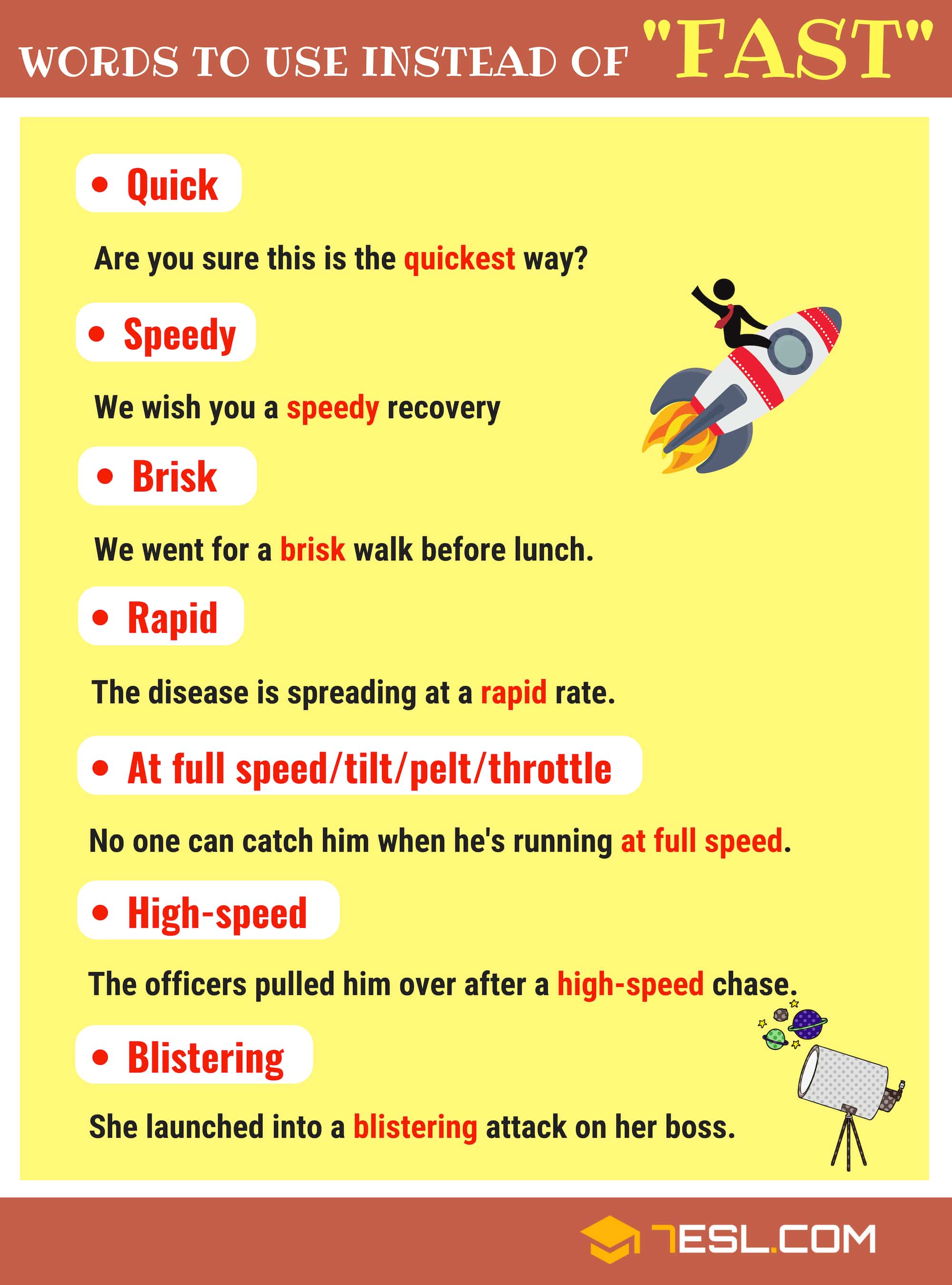Alright, let’s talk about finding synonyms, and doing it quick and easy. We’ve all been there, right? You’re typing away, and you use the same word, like, three times in two sentences. It just sounds clunky. Your brain knows there’s a better word out there, but it’s just drawing a blank. Happens to me all the time, especially when I’m trying to get thoughts down fast.

Now, the old way? That was a pain. I’d have to stop what I was doing. Open a new browser tab. Punch in “[my boring word] synonym” into a search engine. Then I’d get a list, click on one, wait for the page to load – sometimes full of ads – and then scroll around looking for something decent. By the time I found a word, if I even did, I’d kinda lost my train of thought. It wasn’t “quick,” and it sure wasn’t “easy.” It felt like a whole separate research project.
I remember one afternoon, I was hammering out an email that needed to be just right. And I was stuck on the word “important.” Everything felt “important.” I almost just gave up and sent it as is. But then I thought, hold on, I’m working in this document program all day, every day. There’s gotta be something built-in. I’m not looking for Shakespearean alternatives, just something to break the monotony.
The Simple Trick I Stumbled Upon (Again)
So, I poked around. And honestly, it was something I probably knew but had forgotten, or just never really used properly. Most word processors – think Microsoft Word, Google Docs, even some email clients – they have this thing. It’s almost too obvious.
Here’s what I started doing, and it changed things for me. I just highlight the word I want to replace. That’s step one. Dead simple.
Then, I right-click on it. And boom! There’s usually an option in the context menu. Sometimes it says “Synonyms,” sometimes it’s under “Look up [word],” or “Spelling and Grammar” might have a thesaurus option. It varies a tiny bit depending on what software you’re using, but the idea is the same.

And you know what? A little list of alternatives pops right up, usually on the side or in a small window. No new browser tabs. No navigating away from my document. It’s right there. I can scan the options, click one if it fits, and the word is instantly replaced. Or, if none of them are quite right, I just click away and my original word stays. The whole process takes, I don’t know, maybe five seconds? If that.
This became my go-to. Seriously. It’s not fancy. It doesn’t use AI or connect to some massive online database with every word ever uttered. But that’s the beauty of it. It’s quick. It’s easy. It doesn’t interrupt my workflow.
Sure, are the suggestions always mind-blowingly creative? Nah. Sometimes they’re pretty basic. If I’m writing a novel and need the perfect, evocative term, I might still go digging deeper. But for everyday writing – emails, reports, quick notes, even these blog posts – when I just need to avoid sounding like a broken record, it’s absolutely fantastic. It helps me swap out “good” for “beneficial,” or “big” for “significant,” without any mental gymnastics or wasted time.
It’s funny, isn’t it? Sometimes the best tools are the ones hiding in plain sight, the ones we overlook because they seem too simple. We’re always looking for the next app or the newest trick, but often, just using the basic features of what we already have, but using them consistently, makes the biggest difference. This little synonym trick? It keeps my writing moving, and for me, that’s a huge win.
